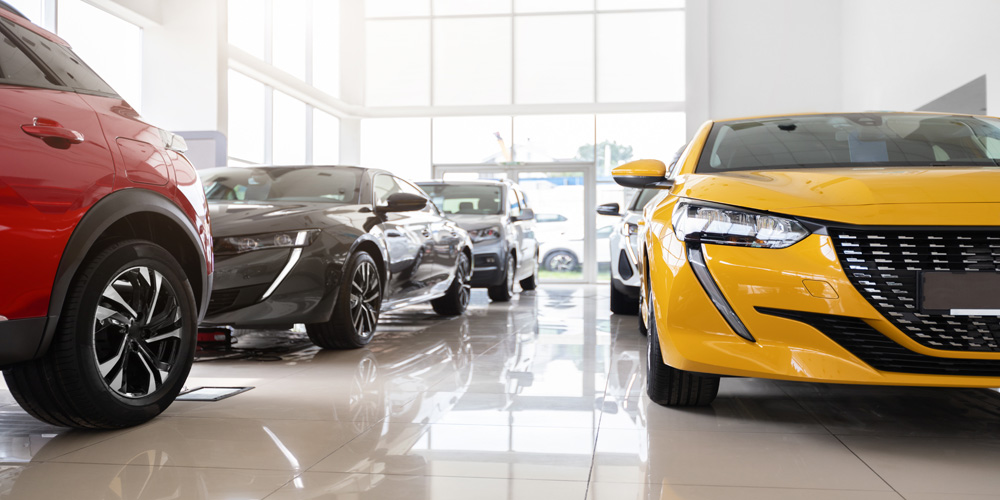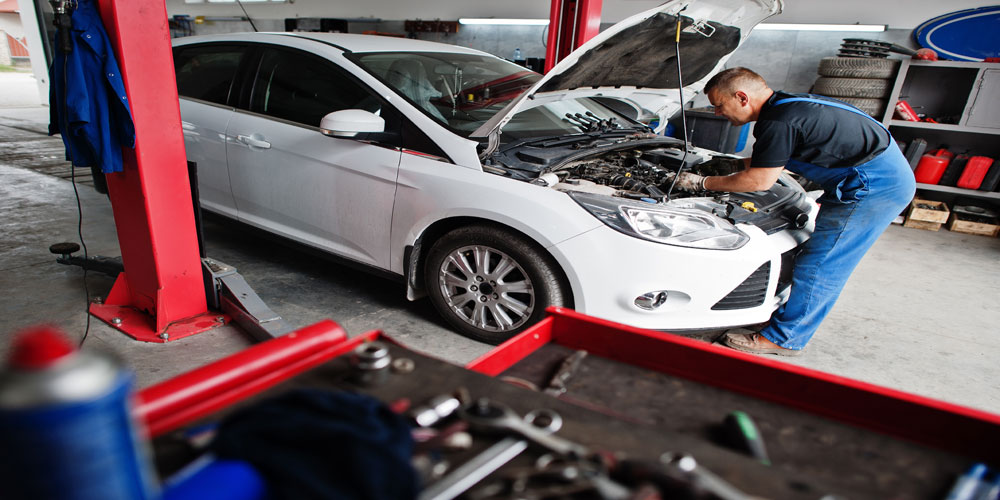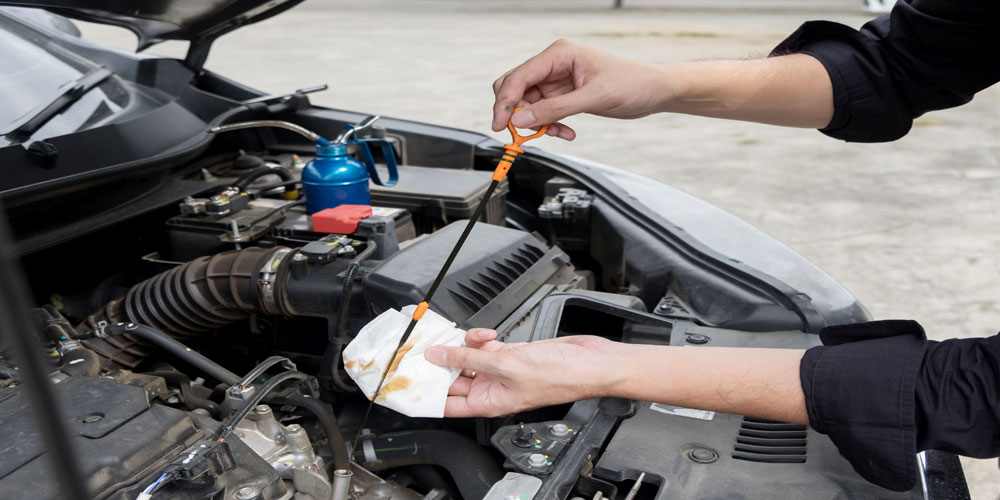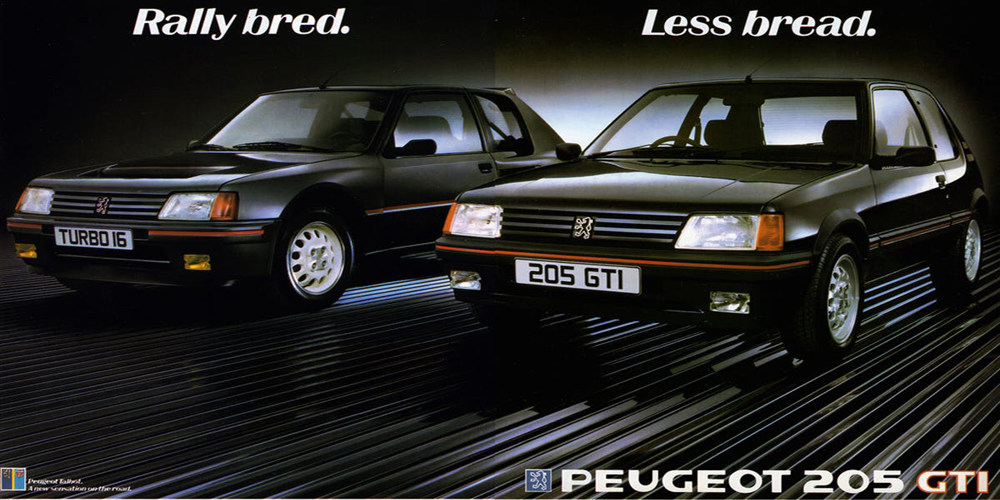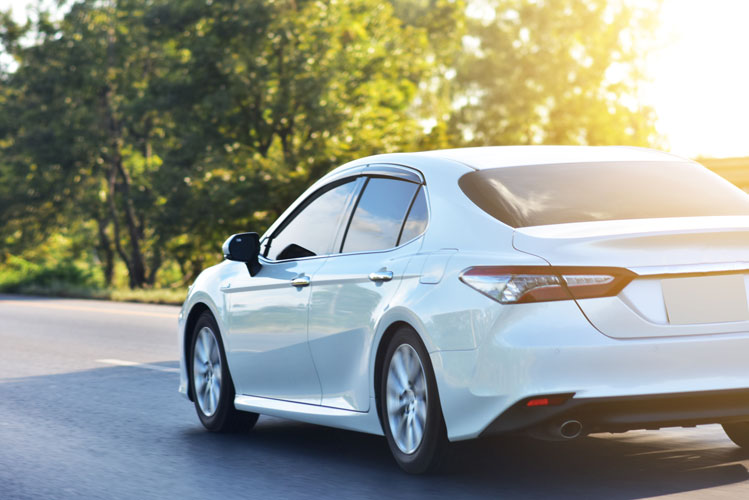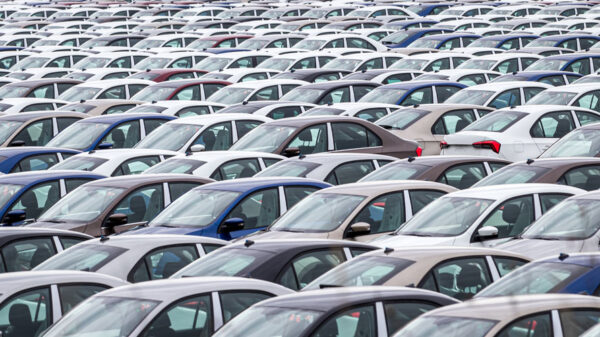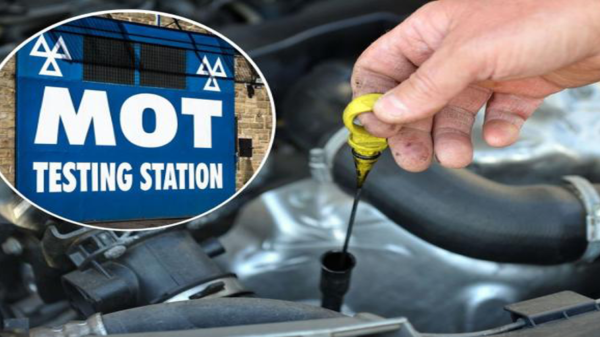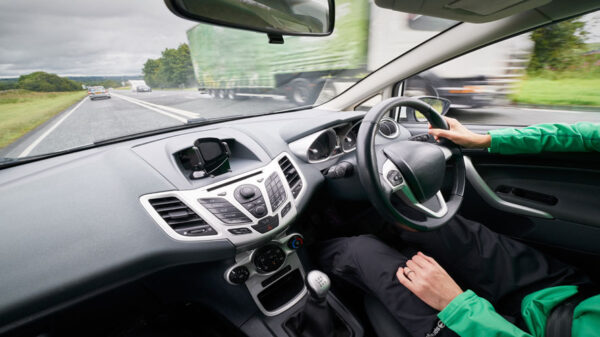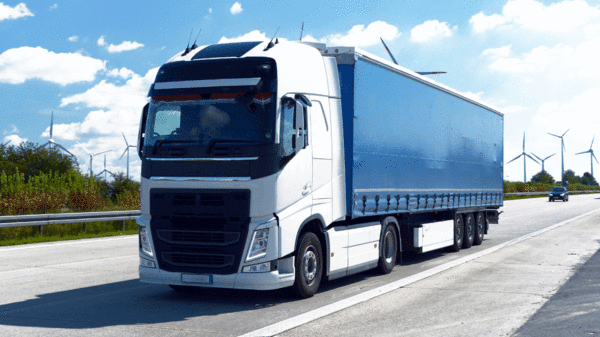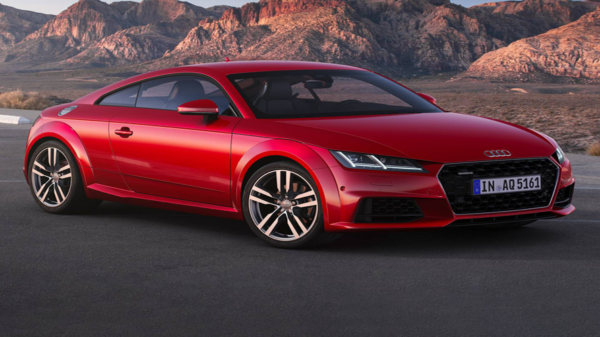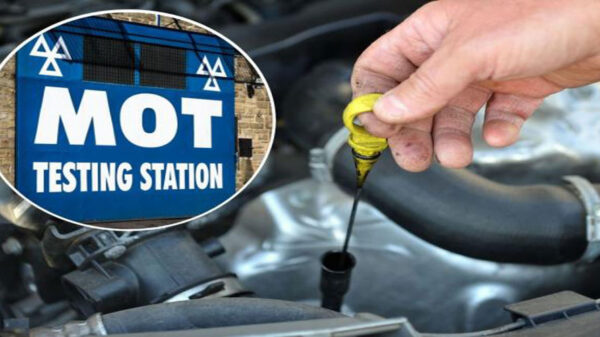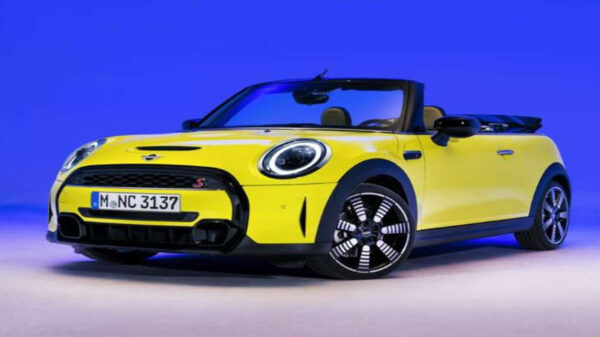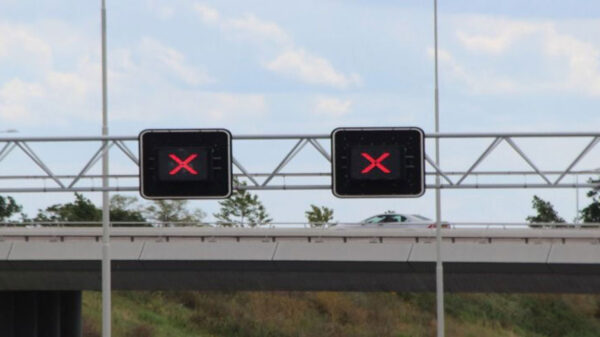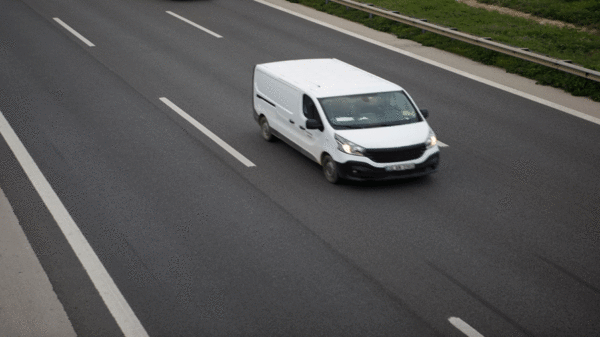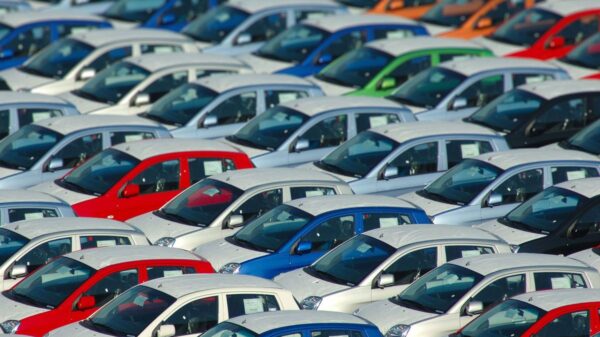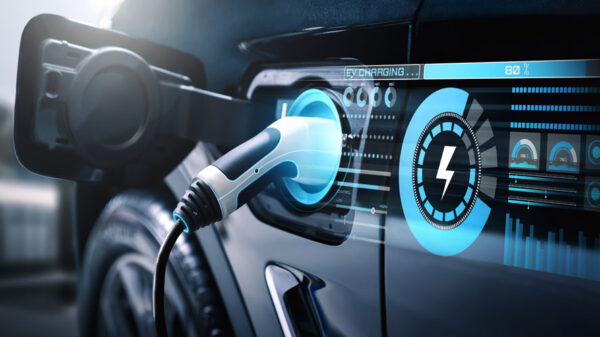Major automotive brands are ditching plans to switch to electric cars despite a Government mandate banning the sale of new petrol and diesel vehicles. From 2035, the UK will ban drivers from buying new internal combustion engine cars and vans after former Prime Minister Rishi Sunak rolled back several net zero pledges.
However, under the new Labour Government, the 2035 deadline is expected to be moved back to the original date of 2030 as Keir Starmer’s party aims to give electric vehicle assurances to drivers and brands.
Two global brands have now warned that their future plans for cleaner vehicles will be delayed as a result of market concerns and the slow uptake of zero emission vehicles.
While German manufacturer Porsche is expected to release its new Cayenne electric SUV in 2025, the brand has confirmed that three different powertrains will be available past the end of the decade. Drivers will be able to purchase the fourth-generation of Cayenne “up to and beyond 2030” with powertrains including electric, hybrid and combustion engines
Oliver Blume, CEO of Porsche, said the Cayenne EV would “set standards” across the industry for electric SUVs and sports cars. He added: “At the same time, into the next decade our customers will still be able to choose from a wide range of powerful and efficient combustion and hybrid models.”
These plans have been announced despite the Government’s Zero Emission Vehicle (ZEV) mandate which outlines that a certain proportion of total sales must be electric, starting from 22 per cent by the end of the year.
This will include minimum sales targets of 80 per cent by 2030 and 100 per cent of cars being zero emission by 2035. These guidelines could change if the Government reinstates the 2030 deadline to ban petrol and diesel cars.
Porsche could face fines of up to £15,000 per vehicle that misses the rolling deadlines, potentially amounting to huge charges for the automaker as it adjusts to an electric future.
In a statement, Porsche said: “Extensive technical measures will ensure that the twin-turbo engine is ready to comply with future legislative requirements.”
Another popular brand, Ineos, delayed the launch of its Fusilier electric SUV earlier this month, with owner Sir Jim Ratcliffe blaming weak consumer demand and issues around Government policies. The vehicle was unveiled for the first time in February with drivers able to get “world-class off-road capability, with zero compromise to on-road performance” through electric and low emissions options.
Despite this, the Fusilier has been delayed with hopes to begin production in 2027 and deliveries to start the year after, although the company has yet to confirm a new delivery date.
Ineos specifically identified the “tariffs, timings and taxation” of new vehicles as the key factors preventing them from having clarity around new electric vehicles.


